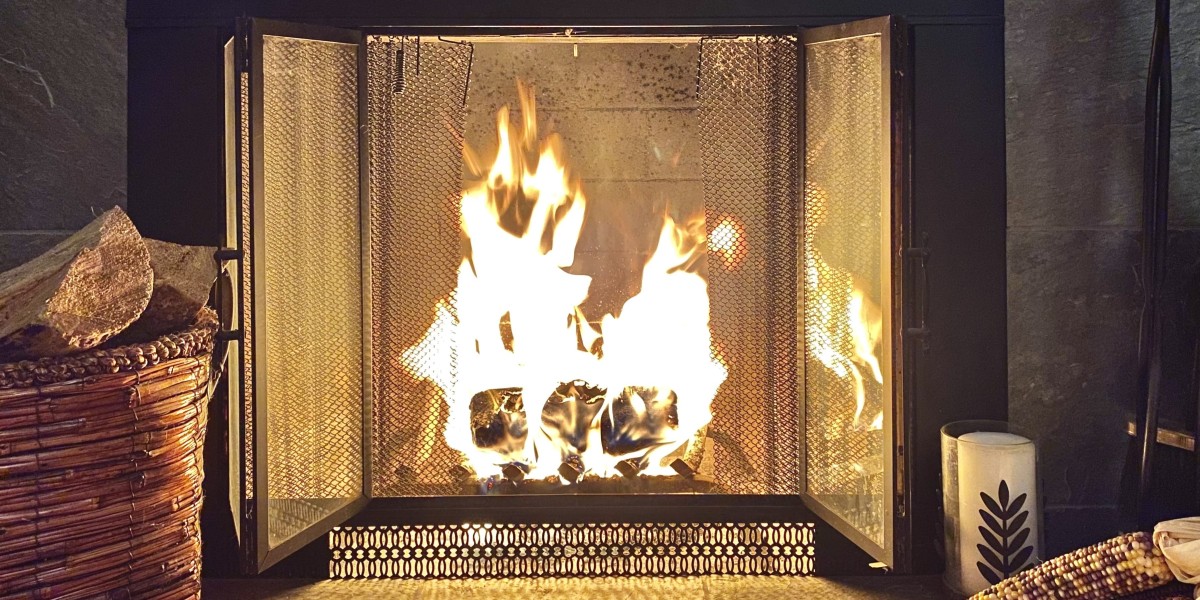The Comprehensive Guide to Built-in Ovens: Features, Benefits, and FAQs
Built-in ovens have actually ended up being a staple in modern-day cooking areas, supplying convenience, design, and efficiency. Unlike standard freestanding ovens, built-Bulit In Oven models are developed to incorporate perfectly into cabinetry, consequently raising both the function and aesthetics of kitchen spaces. This post dives deep into the world of built-in ovens, discussing their functions, advantages, setup considerations, and responses to frequently asked concerns.
What is a Built-in Oven?
A built-in oven is a home appliance that is developed to be installed straight into a wall or kitchen cabinetry. This installation option provides homeowners the capability to produce a tailored cooking space, maximizing readily available kitchen square footage while providing a smooth, professional look.
Key Features of Built-in Ovens
Built-in ovens are packed with functions that cater to a range of cooking designs and choices. Key features consist of:
| Feature | Description |
|---|---|
| Variety of Cooking Modes | Options such as convection baking, broiling, and self-cleaning modes to enhance cooking versatility. |
| Size and Configuration | Readily available in numerous sizes and heights to fit particular kitchen designs, ranging from compact to bigger units. |
| Style Options | Aesthetic options consisting of stainless steel, black stainless, and custom-made panels to match any kitchen decoration. |
| Smart Technology | Numerous built-in ovens come geared up with Wi-Fi capabilities, enabling remote tracking and control via smart device apps. |
| Multi-Functionality | Some designs combine oven and microwave or consist of steam functions to produce varied cooking options. |
Benefits of Built-in Ovens
The advantages of including a built-in oven into a kitchen design extend beyond mere visual appeals. Here are some noteworthy benefits:
1. Space Efficiency
Built-in ovens complimentary up countertop space by eliminating the need for a freestanding system. Their integration into kitchen cabinetry permits for a cleaner kitchen design.
2. Improved Visual Appeal
With sleek styles and customizable surfaces, built-in ovens enhance the overall look of the kitchen, contributing to a more cohesive style.
3. Improved Cooking Performance
Lots of built-in designs use sophisticated cooking technologies, such as convection cooking, which circulates hot air for even cooking, reducing cooking times and enhancing results.
4. Convenience and Accessibility
Built-in ovens are often positioned at eye level, making it simpler to check on cooking development, minimizing the need to flex down, and enhancing safety.
5. Increased Home Value
A well-designed kitchen with built-in appliances can substantially increase a home's worth, making it more appealing to prospective purchasers.

Installation Considerations
When choosing and installing a built-in oven, there are numerous aspects to consider:
- Kitchen Layout: It's important to prepare how the oven will suit the existing space, consisting of cabinet heights and clearance requirements.
- Electrical and Ventilation Needs: Built-in ovens usually require specific electrical setups; make sure that the kitchen abides by regional electrical policies.
- Expert Installation: Due to the intricacy of installation, employing a specialist can make sure that the oven is set up safely and correctly.
Kinds Of Built-in Ovens
Built-in ovens come in different types, each matched for different cooking designs. Below are a few of the most common:
- Single Oven: A standard option for everyday cooking requirements, providing flexibility for baking, roasting, and broiling.
- Double Oven: Offers 2 separate cooking compartments, enabling synchronised preparation of numerous meals-- a preferred for large households and those who amuse often.
- Wall Oven: These ovens are completely integrated into the wall and can be found in various designs, including steam ovens and combination microwave.
Popular Brands of Built-in Ovens
Several trustworthy brands offer high-quality built-in ovens, understood for their reliability and series of features:
- Bosch: Known for smooth design and advanced cooking technology.
- KitchenAid: Offers imaginative functions and multi-functional designs.
- Samsung: Integrates wise technology with a contemporary aesthetic.
- GE Appliances: Provides a series of alternatives for various spending plans.
Often Asked Questions (FAQs)
1. How do I choose the right built-in oven for my kitchen?
When selecting a built-in oven, consider the size of your kitchen, your cooking design and frequency, the readily available spending plan, and any needed electric outlets or ventilation options.
2. Are built-in ovens energy efficient?
Lots of built-in ovens feature energy-efficient technologies, such as better insulation and exact temperature controls, which can lead to less energy consumption compared to traditional ovens.
3. Can I install a built-in oven myself?
While some property owners may attempt DIY setup, working with a professional is highly advised to guarantee safe and correct installation, particularly concerning electrical connections.
4. What upkeep do built-in ovens need?
Regular upkeep includes cleaning the oven exterior and interior, checking the seals for integrity, and making sure that any smart features or controls are upgraded as required.
5. Do built-in ovens included service warranties?
Yes, a lot of trustworthy brands use service warranties on their built-in ovens, generally covering parts and labor for a specific period. Make sure to check the information before buying.
Built-in ovens offer a mix of design, effectiveness, and functionality, making them a popular option for both contemporary and standard kitchens alike. With thoughtful factor to consider of functions, installation, and maintenance, house owners can improve their cooking experience while adding substantial worth to their properties. Whether choosing a single or double oven, the investment in a built-in model assures to transform the cooking landscape of any home.








